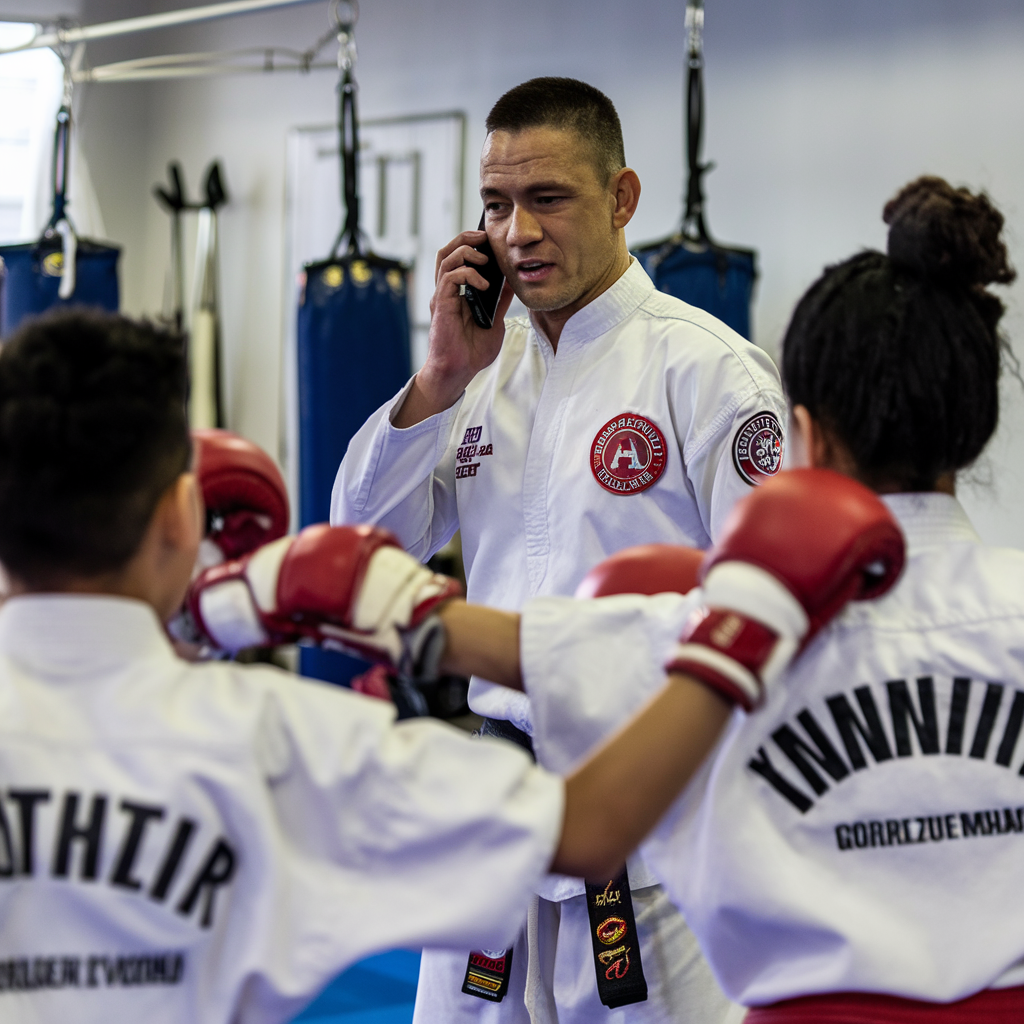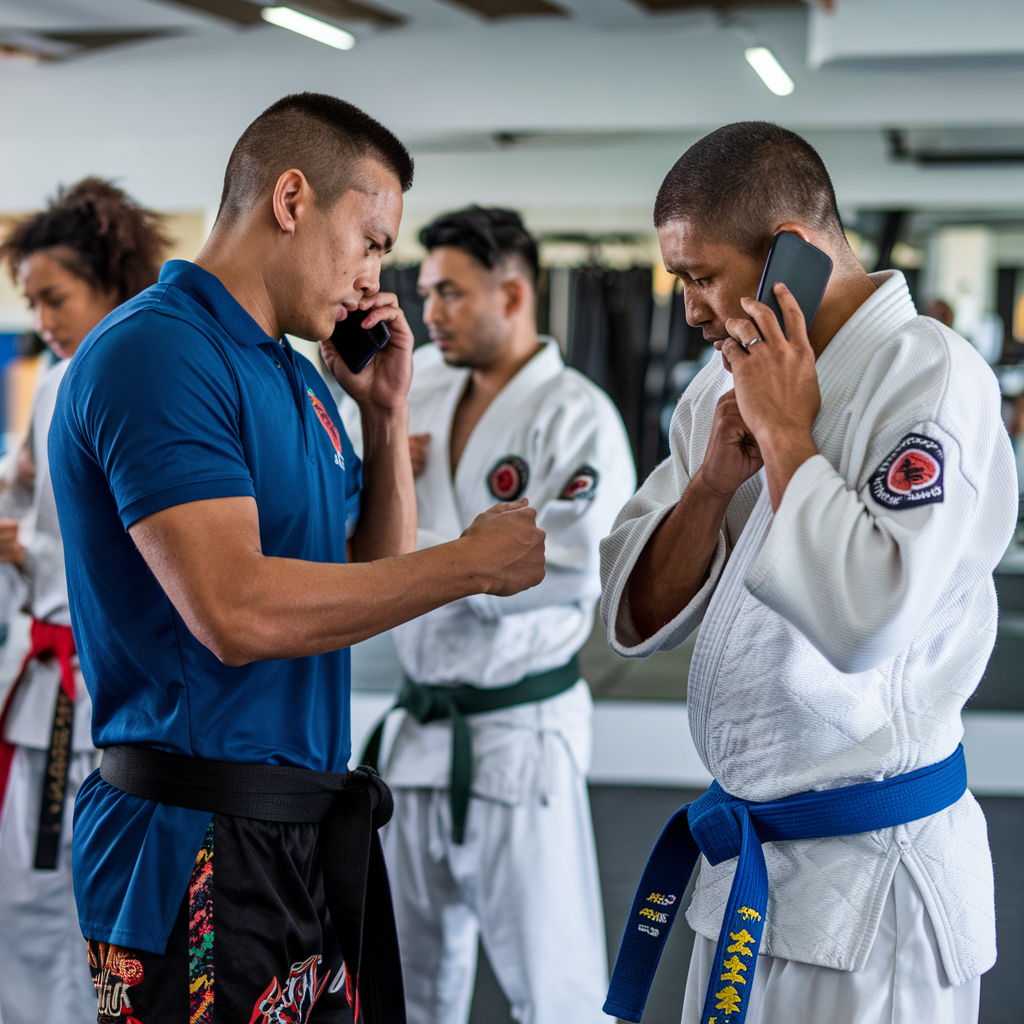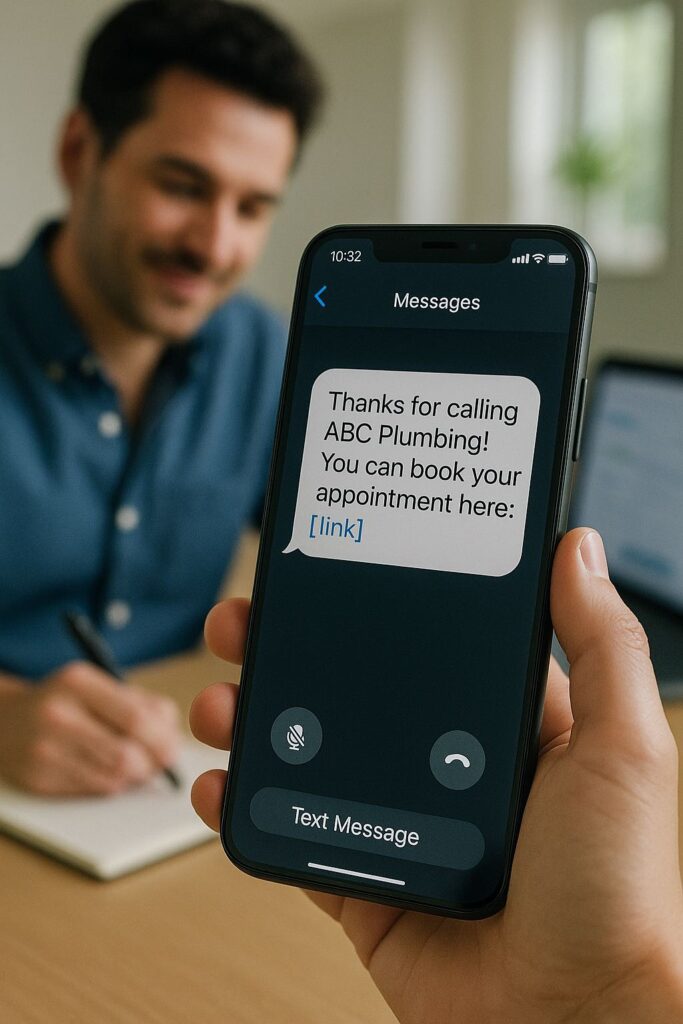
Introduction: The Fight Against Call Center Stress
In the high-energy world of customer service, call center agents often find themselves in the middle of unpredictable situations. Dealing with irate customers, navigating complex problems, and staying professional under stress is a daily challenge. Much like in martial arts—particularly boxing and Jiu-Jitsu—the ability to roll with the punches, both literally and figuratively, can make all the difference.
At Call Care Pro, we believe that martial arts-inspired strategies can help agents remain calm and effective under pressure. These techniques, rooted in discipline, adaptability, and mental fortitude, can transform how agents handle even the most difficult conversations. In this article, we explore how principles from martial arts can be applied to call center work, providing agents with the tools they need to stay composed and professional no matter the challenge.
Developing Mental Resilience: The Foundation of Calmness
Martial artists train extensively to maintain composure during a fight. They understand that losing focus or letting emotions take over can be detrimental. Call center agents face a similar reality—allowing frustration or stress to dictate their responses can lead to unsatisfactory customer interactions and even burnout.
Building Mental Toughness
- Deep Breathing Techniques: Controlled breathing can help agents maintain their calm. Techniques such as diaphragmatic breathing, box breathing, and the 4-7-8 method are effective ways to reduce stress in real-time.
- Positive Self-Talk: Fighters use mantras and affirmations to keep their confidence high. Agents can benefit from similar self-talk techniques by reminding themselves, “I am in control of this conversation,” or “I can handle any situation with professionalism.”
- Visualization: Just as martial artists visualize successful moves before executing them, call center agents can visualize positive outcomes for their interactions. This mental rehearsal helps build confidence and reduces anxiety.
By developing mental resilience, agents become less reactive and more composed, allowing them to navigate difficult calls with professionalism.
Controlling the Pace: Leading the Conversation with Confidence
In a fight, controlling the pace is crucial. A boxer who dictates the speed and rhythm of a match has a strategic advantage. Similarly, in customer service, an agent who controls the flow of the conversation ensures a smoother interaction.
How to Control the Conversation
- Maintain a Calm and Measured Tone: The way an agent speaks can set the tone for the entire interaction. A slow, confident, and reassuring voice can de-escalate tensions quickly.
- Use Strategic Pauses: A well-placed pause allows both the agent and the customer to process information. This technique also prevents the conversation from escalating too quickly.
- Guide the Customer: Asking open-ended questions and leading the discussion toward solutions helps keep the interaction productive and prevents it from spiraling into negativity.
A controlled pace ensures that agents don’t feel overwhelmed by difficult calls and allows them to steer conversations in a positive direction.
Adapting to the Situation: The Key to Flexibility
Fighters must constantly adjust their strategy based on their opponent’s movements. Call center agents must do the same. Each customer presents a unique challenge, requiring adaptability and quick thinking.
Techniques for Adaptability
- Active Listening: Agents should pay close attention to what customers are saying and pick up on subtle cues in their tone and choice of words.
- Mirroring: Adapting one’s communication style to match that of the customer can create rapport and make the conversation smoother.
- Staying Solution-Oriented: Instead of getting stuck on problems, agents should focus on potential solutions, offering alternatives that best suit the customer’s needs.
Flexibility in approach ensures that agents can handle any situation, no matter how unexpected.
Deflecting Negativity: The Art of Emotional Protection
In martial arts, fighters learn to deflect attacks rather than absorbing them head-on. This principle applies to call center work as well. Agents must acknowledge customer frustrations without taking them personally.
Techniques for Deflecting Negativity
- Empathy Statements: Saying phrases like “I understand your frustration” or “I can see why that would be upsetting” helps diffuse tension.
- Redirecting the Conversation: When a customer is venting, an agent can steer the discussion toward a resolution by asking, “What can I do to make this right for you?”
- Detachment: Agents should remind themselves that customer frustrations are rarely personal. Using mental distancing techniques can help them stay calm and professional.
By mastering the art of emotional deflection, agents can prevent negativity from affecting their mindset.

Building Endurance: The Ability to Stay Strong Throughout the Day
Fighters train tirelessly to build endurance because they know strength alone isn’t enough to last through a match. Similarly, call center agents must develop the stamina to handle back-to-back calls while maintaining their energy and patience.
Strategies for Sustaining Energy
- Taking Short Breaks: Even a quick walk or stretch between calls can rejuvenate an agent’s focus.
- Hydration and Nutrition: Staying hydrated and eating balanced meals can significantly impact energy levels.
- Mental Reset Techniques: Simple actions like listening to calming music during breaks or practicing mindfulness can help agents recharge.
Endurance is crucial for maintaining high performance throughout long shifts.
Handling Conflict: Staying in Control During Difficult Calls
Just as martial artists train for combat, call center agents must be prepared for difficult conversations. Conflict resolution skills are vital in maintaining professionalism under pressure.
Effective Conflict Resolution Techniques
- Remain Neutral: Avoid responding with defensiveness or emotion.
- Acknowledge the Issue: Customers want to feel heard before they listen to solutions.
- Offer Clear Solutions: Providing actionable steps toward resolution helps move the conversation forward.
Mastering conflict resolution ensures agents can de-escalate tense situations effectively.
Conclusion: Mastering the Art of Staying Composed
By embracing the principles of martial arts—resilience, adaptability, control, and endurance—call center agents can effectively manage high-pressure situations. These strategies empower them to handle calls with confidence, professionalism, and a sense of control.
At Call Care Pro, we encourage a fighter’s mindset to ensure agents remain composed no matter the challenge. When agents learn to roll with the punches, they transform difficult customer interactions into opportunities for positive resolutions.

